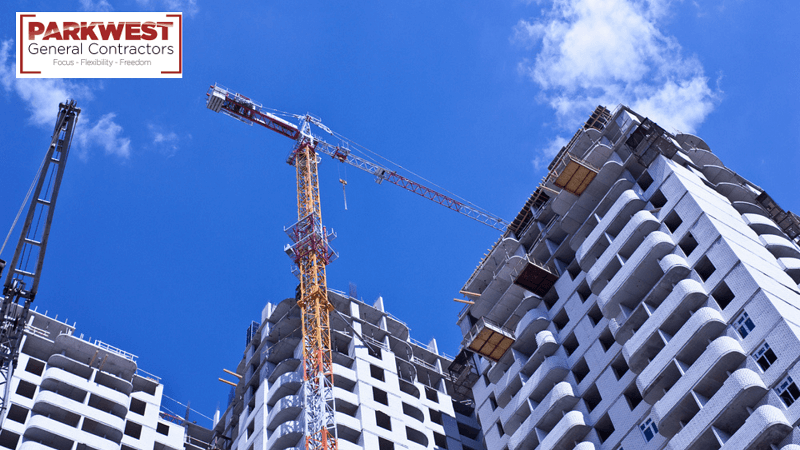



Thanks to the ongoing economic recovery, many previously struggling assets in the hospitality industry are today in the hands of new owners. Did you recently acquire a distressed hotel that had been closed for months? If so, you're probably already contemplating a rebrand because your new investment requires more than capital injection to work.
Rebranding is a vital image boost for a distressed hotel whose reputation has suffered recently. Consider it an investment strategy to breathe new life into your newly acquired asset and better satisfy different or evolved customer tastes. To break free of the previous brand, your hotel requires a makeover that meets current branding standards. The facelift should cover key areas like:
Your distressed hotel's new brand franchisor will likely stipulate a rebranding strategy in the Property Improvement Plan (PIP).
Thoroughly review the PIP to understand all required upgrades. Mandated renovations may extend beyond guest rooms and lobbies to cover landscaping and installations like security systems, electrical, and plumbing.
Watch out for vague PIP language like “throughout the property.†If upgrades are required for “all†furniture, fixtures, & and equipment, it should be clear whether that means moveable and non-moveable FF&E.
A general contractor can be your advocate when you're looking to cut project costs through value engineering. Together with them, you can identify opportunities to save money without compromising branding goals. Examples of such items are flooring materials whose prices can vary widely.
Overall rebranding costs can increase if the contractor keeps restaging the project. This problem usually occurs when the franchisor lets PIPs be broken into multiple phases that correspond to the hotel's business and cash-flow cycles.
Renovation work will move faster and more efficiently if you halt your hotel operations. However, staying open helps keep your valued employees and protects bookings, cash flow, and operating income. There are several strategies to complete a hotel PIP without shutting down. For example, your contractor can work on guestrooms floor by floor.
Supply chain bottlenecks can cause serious shortages, delay work, and expose you to penalties. Negotiate a modified time frame with the franchisor to protect yourself. Make sure to include that in the PIP contract.
Before re-launching the renovated hotel, review your marketing assets to ensure they're relevant and effective. Check all previous content, from photos, videos, and blogs to presentations and infographics, for relevance. Ensure everything is up-to-date and in compliance with the latest franchise standards.
After agreeing with the brand franchisor on the scope and completion timeframe of the PIP, you'll need to enlist contracting professionals to execute the project. Experienced experts in hotel renovations, such as Parkwest General Contractors, can help you upgrade and rebrand your hotel property, ensuring a high ROI. Contact us today to learn more!